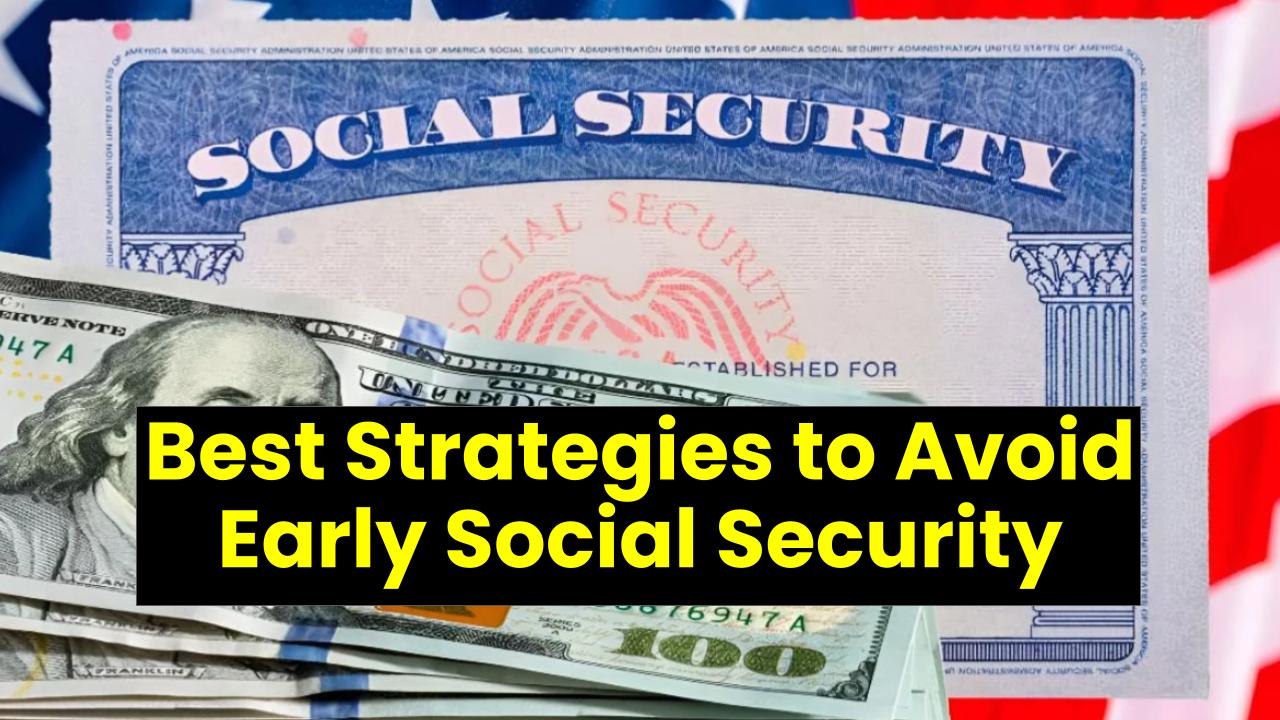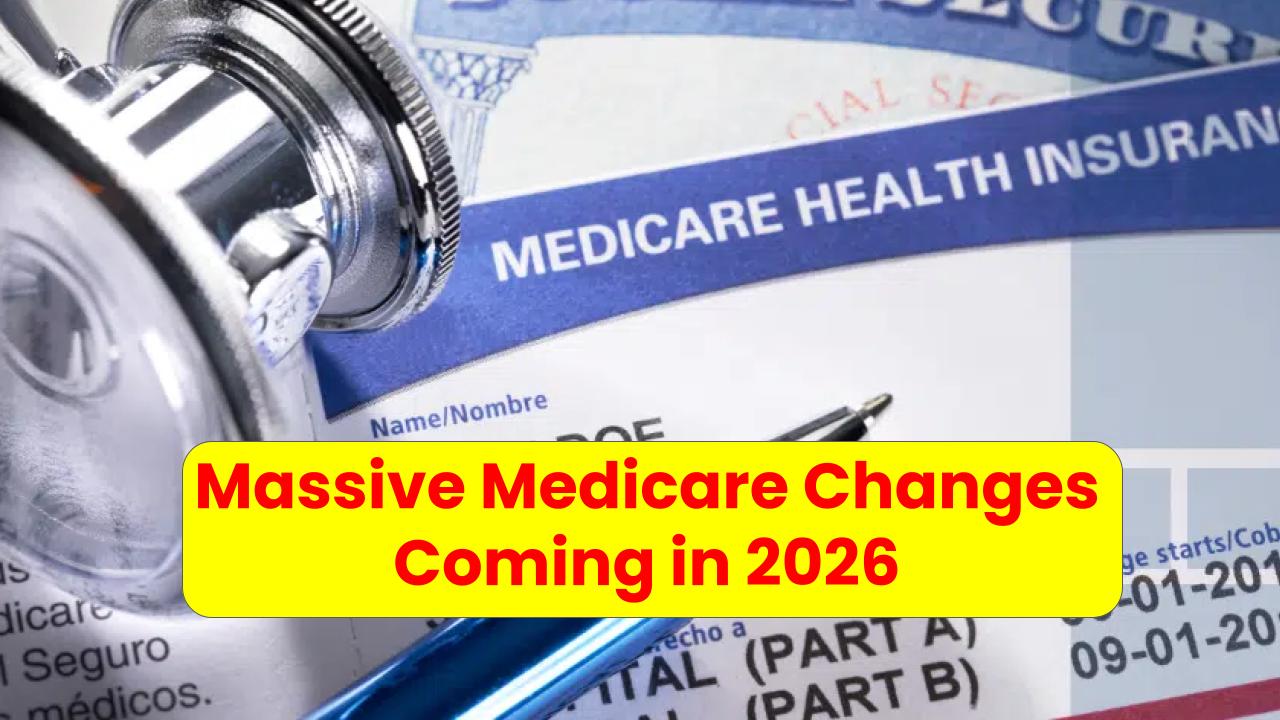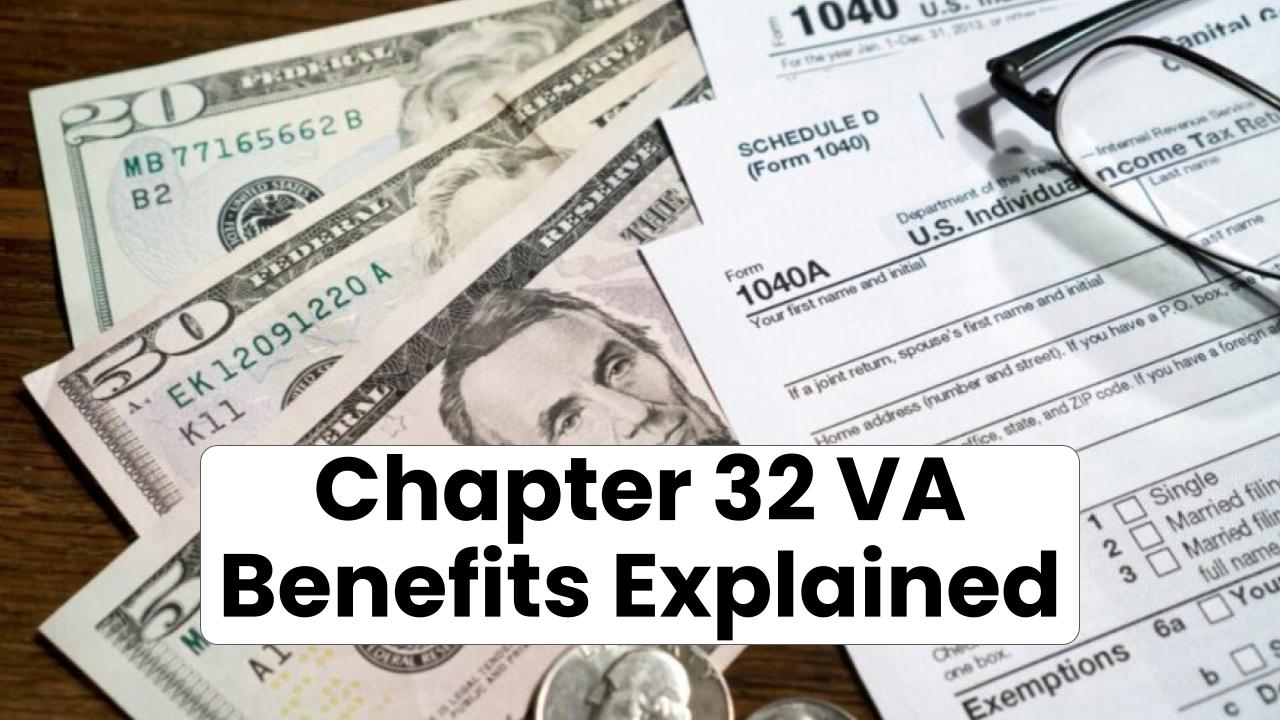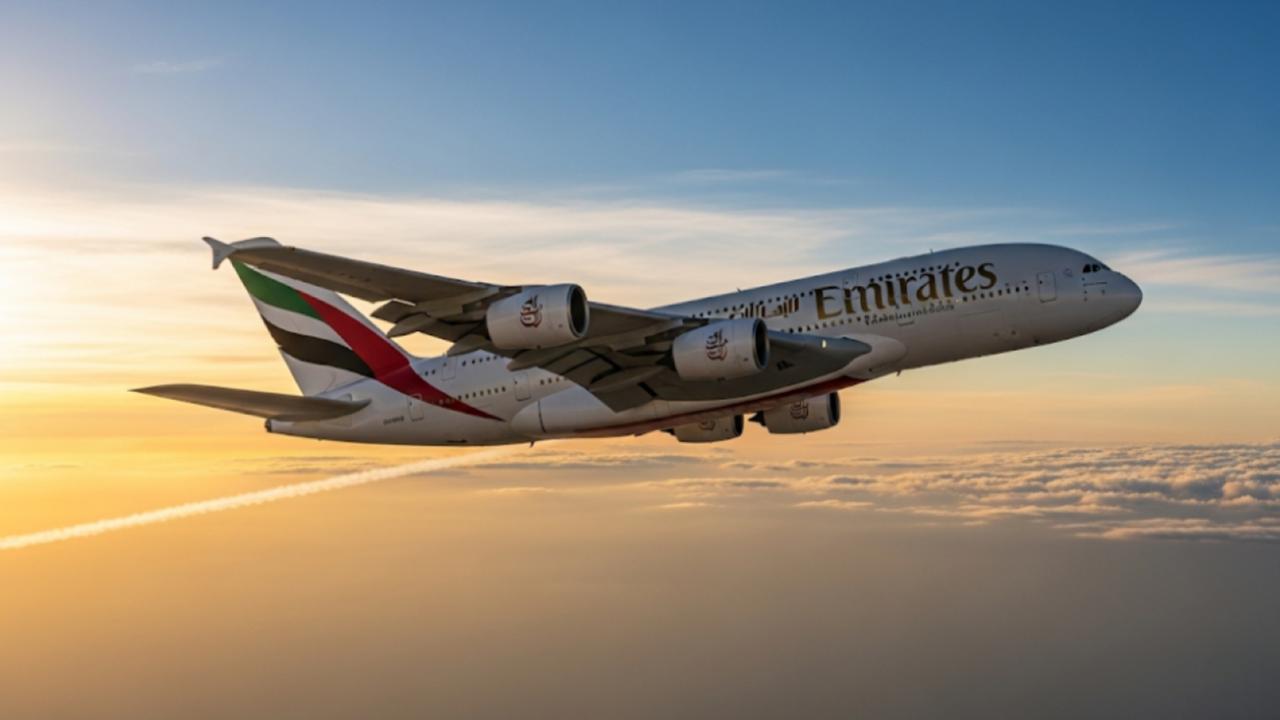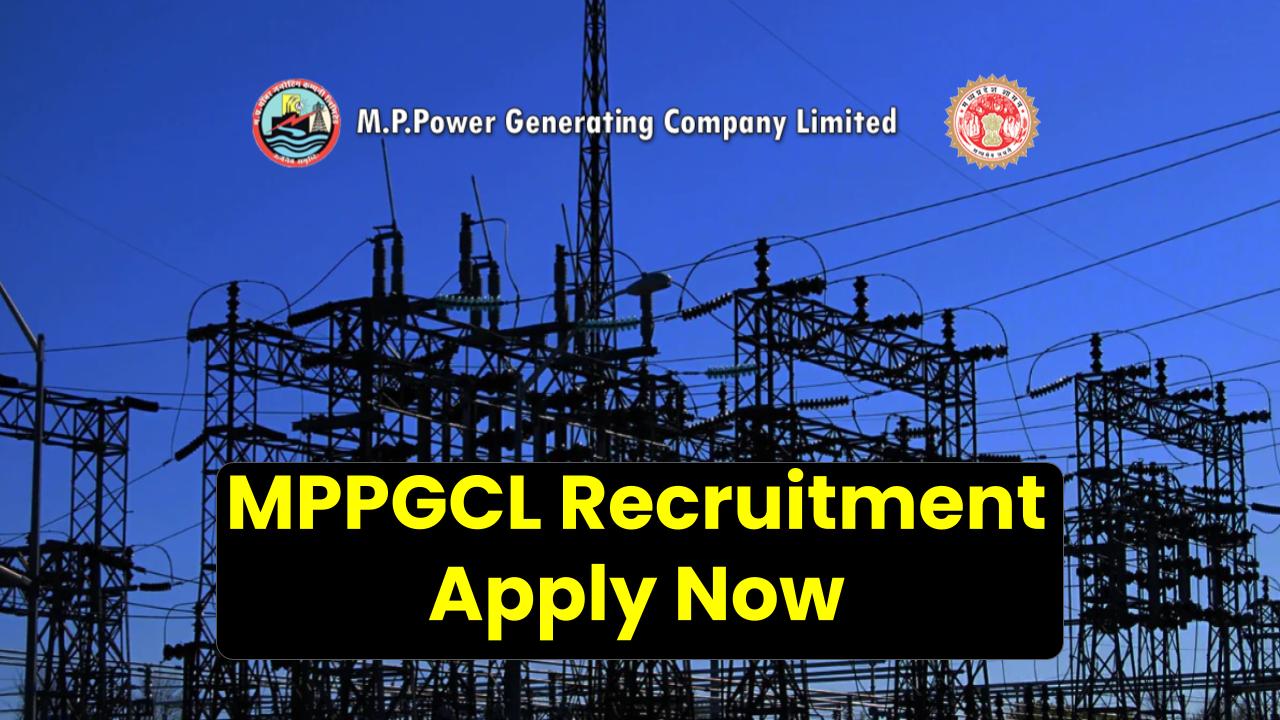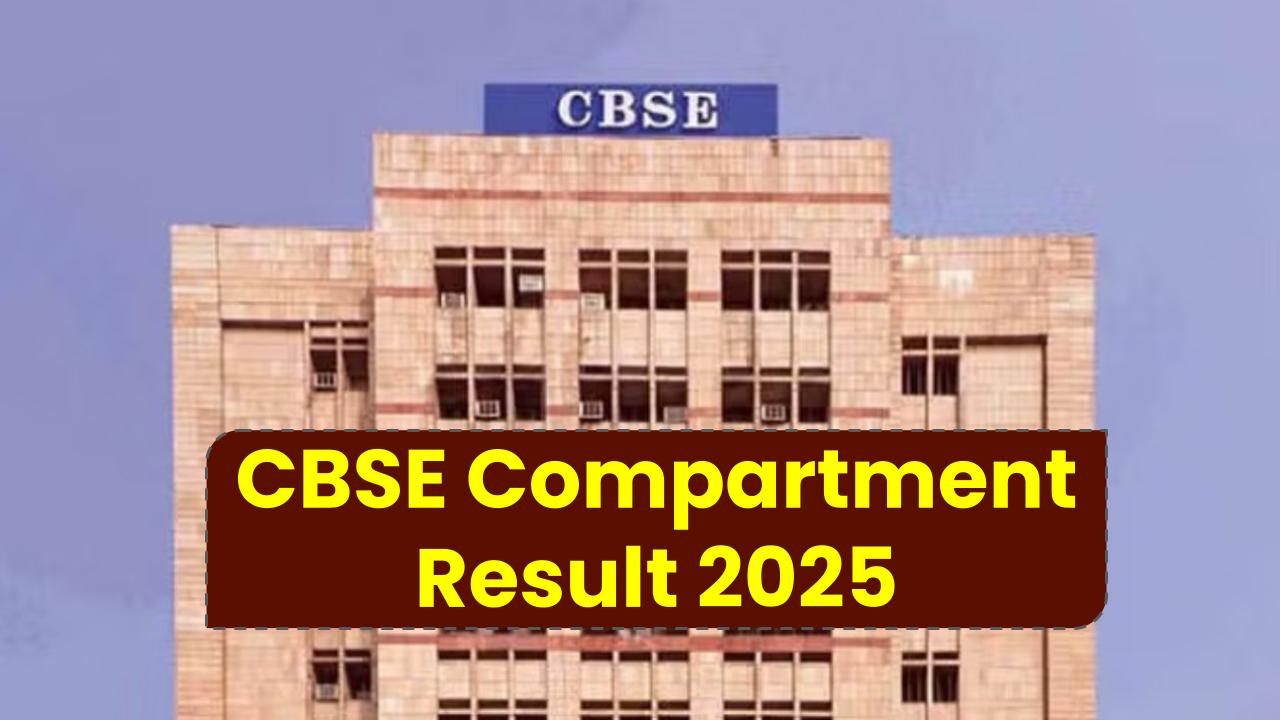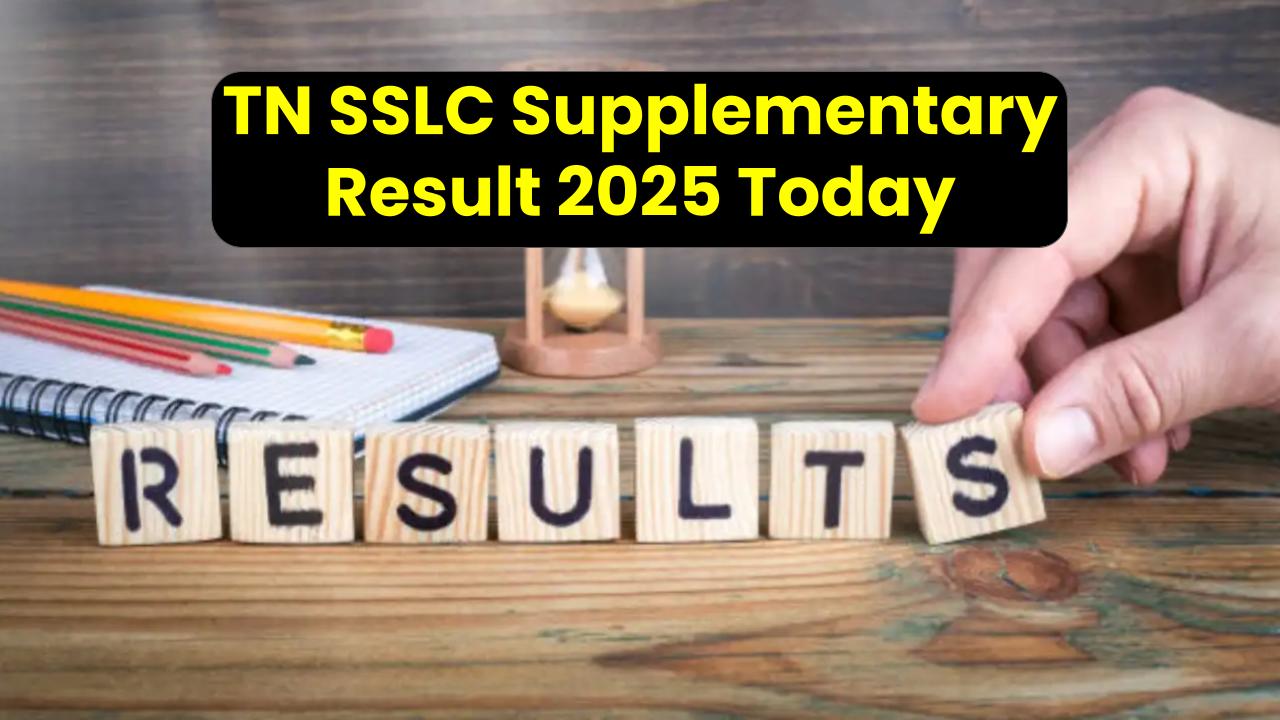If you’re reading this, chances are you were expecting to receive the £299 Cost of Living Payment from the Department for Work and Pensions (DWP) and it hasn’t shown up. It can be frustrating, especially when this payment is intended to help with rising living costs. Whether you’re relying on this support to help with bills, groceries, or other expenses, missing a payment can leave you in a tough spot. But don’t worry — we’ve got your back.
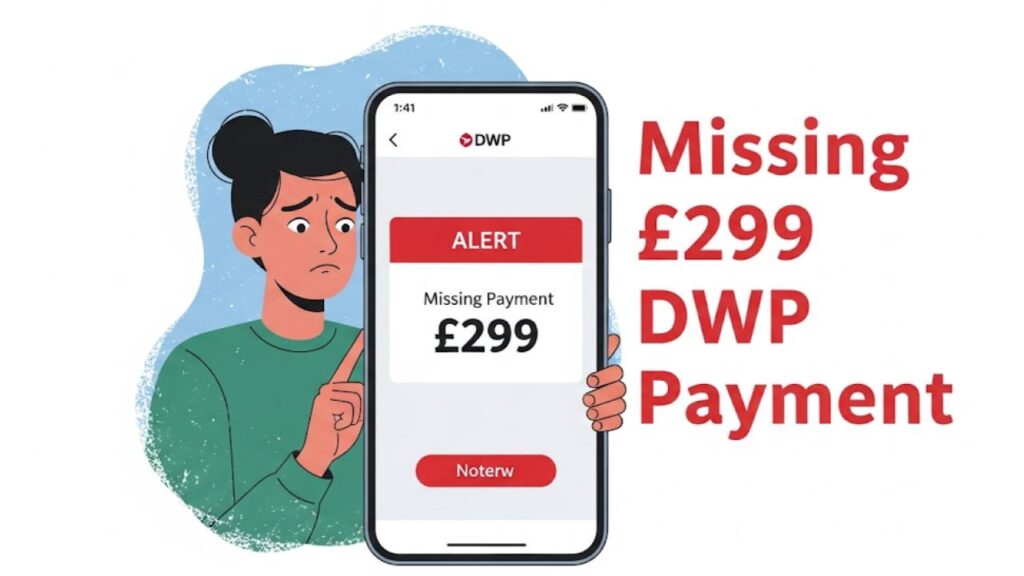
The £299 Cost of Living Payment is part of the UK government’s effort to help people in need due to inflation and the high cost of living. It’s automatic for many recipients, but it’s not always perfect. Sometimes, things slip through the cracks. So let’s break down the issue, explain why it could be missing, and show you how to get back on track.
Missing £299 DWP Payment
| Topic | Details |
|---|---|
| Payment Amount | £299, part of the UK government’s Cost of Living scheme |
| Eligible Benefits | Universal Credit, Income-based JSA, Income-related ESA, and more |
| Payment Dates | February 2024 for most, with different dates for Tax Credits |
| Common Reasons for Missing Payments | Nil award, bank issues, administrative errors, late benefit award |
| Reporting a Missing Payment | Contact DWP or HMRC depending on your benefit type |
| Link for More Information | gov.uk |
While the £299 Cost of Living Payment is an important form of assistance for those struggling with the rising cost of living, it’s not perfect. If you’re among those who’ve missed out, it’s important to act quickly and check your eligibility, bank account, and benefits status. If there’s an issue, contact the DWP or HMRC as soon as possible. With these steps, you can ensure you get the help you need.
Understanding the £299 Cost of Living Payment
The £299 Cost of Living Payment is part of a series of payments designed to help people who are struggling with the high costs of living, particularly those on benefits. For many, this payment is a lifeline to cover basic expenses. However, some people are finding that this payment doesn’t show up in their bank accounts, despite being eligible. So why is that? And what can you do about it?
Who Is Eligible for the £299 Payment?
To be eligible for the payment, you need to be receiving certain benefits. The DWP payments are typically aimed at individuals receiving:
- Universal Credit
- Income-based Jobseeker’s Allowance (JSA)
- Income-related Employment and Support Allowance (ESA)
- Income Support
- Pension Credit
- Child Tax Credit
- Working Tax Credit
If you are receiving any of the benefits listed above and your income is below the set thresholds, you would likely qualify for the £299 payment. However, some exclusions apply, particularly if you are only receiving New Style ESA or JSA, which do not make you eligible for this specific payment.
For Tax Credit recipients, the payment will be made by HMRC, while those on other benefits will get the money from the DWP.
When Should the Payment Have Arrived?
For most people, the £299 payment was made automatically in February 2024, typically between 6th and 22nd February. However, Tax Credit recipients had a slightly different schedule, with payments arriving from 16th to 22nd February.
Payments are automatically made to the bank account where your benefits are usually paid, so you shouldn’t have to apply or do anything extra. It’s designed to be as seamless as possible.
Why Might the £299 Payment Be Missing?
There are a few reasons why you might not have received the £299 Cost of Living Payment, even if you believe you’re eligible. Below are some of the most common reasons and solutions:
1. Nil Award for Your Benefits
A “nil award” means that for some reason, your benefits were reduced to zero during the qualifying period (e.g., because of a change in your circumstances, like receiving extra income or penalties). If you had a nil award at any point between 13 November and 12 December 2023, you would not be eligible for this payment.
2. Bank Account Issues
The payment is made to the bank account linked to your benefits. If there were any changes to your bank account details (for example, if you changed accounts or the DWP has outdated information), this might cause a delay or prevent the payment from reaching you. It’s also worth checking that your bank account is in good standing.
3. Administrative or System Errors
Sometimes, a technical or clerical error can prevent payments from going through. If the DWP or HMRC made an error when processing your details, you may have missed out on the payment.
4. Late Awarding of Benefits
If you were awarded a qualifying benefit after the eligibility period (from 13 November to 12 December 2023), you would not have received the payment. The eligibility window is strict, and the payment is based on whether you were receiving benefits during that time.
How to Find Out If You Were Paid
The first thing to do if you’re missing the £299 payment is to check your bank account. Look for a payment with the reference:
- DWP COL (for DWP-administered benefits)
- HMRC COLS (for Tax Credits)
If you see either of these references, then the payment has been made, and you’re all set. If you don’t see it, then it’s time to take the next step.
Steps to Take If Your Payment Is Missing
1. Check Your Eligibility Status
Before panicking, make sure that your benefits were in place during the qualifying period. Log in to your benefits account (for Universal Credit, ESA, JSA, etc.) to check whether there were any changes to your award that could have affected your eligibility.
2. Contact the DWP or HMRC
If you’ve verified that you should have received the payment but didn’t, it’s time to reach out to the relevant authority:
- For DWP-administered benefits (e.g., Universal Credit, ESA, JSA), contact the DWP. Log into your Universal Credit journal or call the DWP helpline.
- For Tax Credit recipients, contact HMRC directly.
Have your National Insurance number on hand when you contact them, as it will help speed up the process.
3. Use the Online Reporting System
If you missed the online portal deadline (which was on 23 February 2024), your best bet is to contact DWP or HMRC directly via phone or online support.
FAQs
Q: How do I know if I am eligible for the £299 Cost of Living Payment?
A: If you are receiving certain benefits like Universal Credit, Income-based JSA, ESA, Income Support, Pension Credit, or Tax Credits, you may be eligible for the payment. Check your benefits details to confirm.
Q: What if I didn’t get the payment but I’m eligible?
A: If you didn’t get the payment but think you should have, first check your bank account for the reference “DWP COL” or “HMRC COLS.” If it’s not there, contact the DWP or HMRC for assistance.
Q: Can I still get help if I missed the payment?
A: Yes, there may be other support available to you, such as the Household Support Fund. Check with your local council for assistance options.

